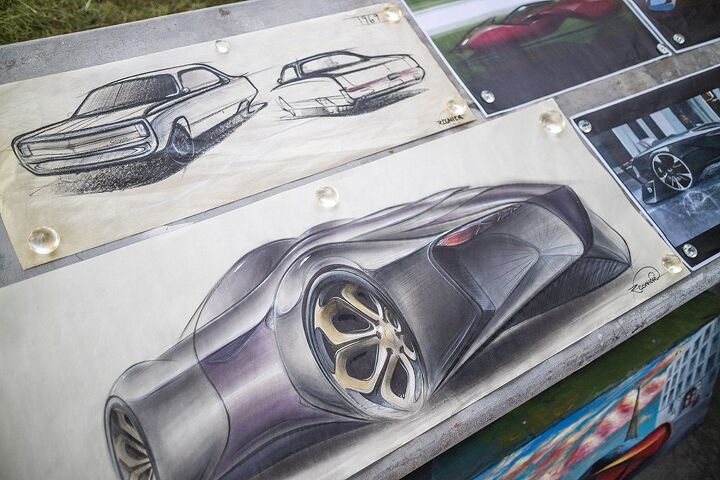#education
QOTD: The Closest Call You've Ever Had?
In a QOTD post last week, we opened up our memory banks and recalled the days of driver’s ed; the bumpy road we all took to become the car fans we are today. But the dangerous driving moments never end at the learner’s permit or license.
Today we want to know the closest call you’ve ever had.
QOTD: Driving Down Educational Memory Lane?
Each one of you here in the peanut gallery learned to drive at one point or another. And whether that was via a proper driving school, or, perhaps for the older types, at the wheel of a friend or relative’s car, the memories are there just the same. Today we talk driver’s education and the car which withstood your naive mistreatment. It’s story time.
Who Will Design the Cars of the Future?
To paraphrase former editor of GOOD, Cord Jefferson, we Millennials are cold-blooded killers. Whether it’s due to lack of income or interest, few industries have been unaffected by our non-traditional spending habits. The auto industry has been especially vulnerable; I have attended academic conferences and read countless thinkpieces theorizing ways to motivate Millennials to fall in love with automobiles like their parents did. Finding buyers for all of these future cars will be tricky, but there’s a greater problem: If nobody in my generation cares for cars, who will do the work to design them?
Even more bleak are the prospects for students who are actually passionate about automobiles. One current transportation design student told me it is easier to get picked for NFL draft than it is to get a job designing cars for a major automaker. In the past, two schools dominated auto design education in America: Detroit’s College for Creative Studies and Pasadena’s ArtCenter College of Design. Today, graduates from these prestigious (and expensive) schools have to compete against a global talent pool, all vying for a limited number of internships.
With such overwhelming odds stacked against them, who would even encourage a prospective student to apply?


















Recent Comments